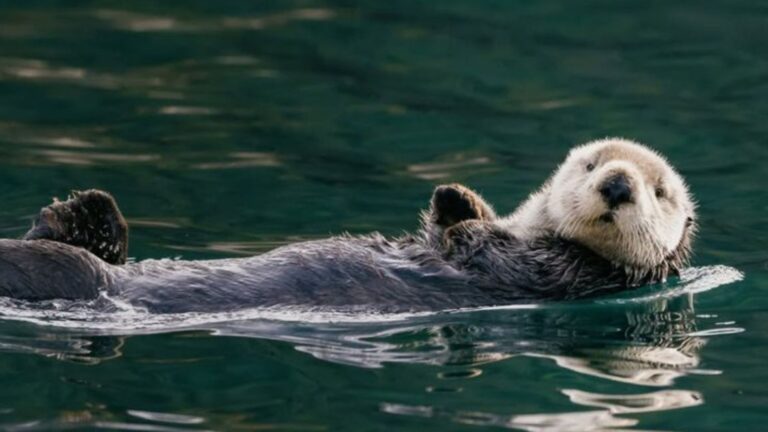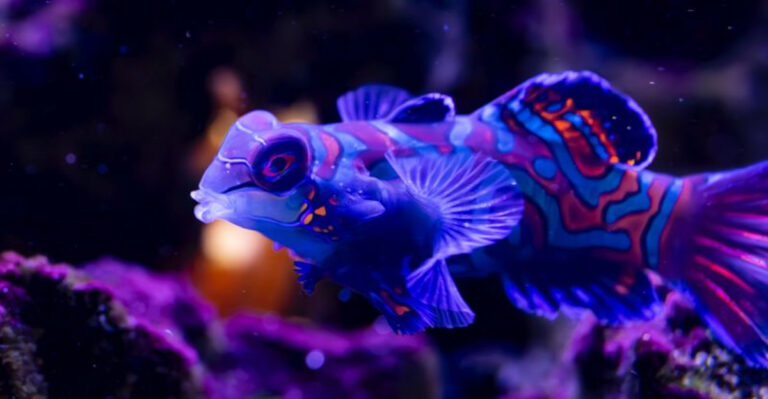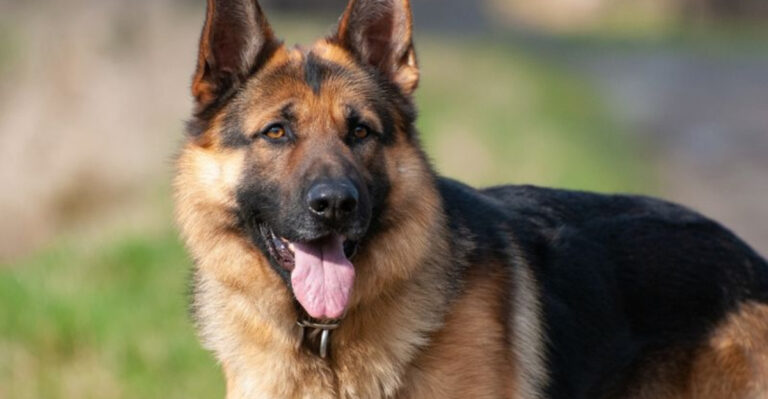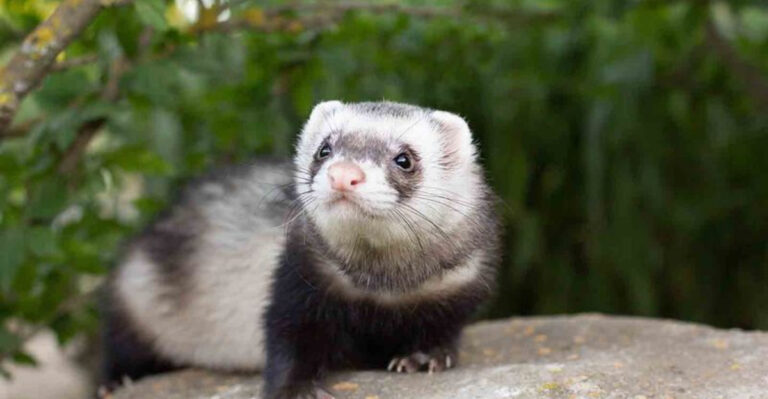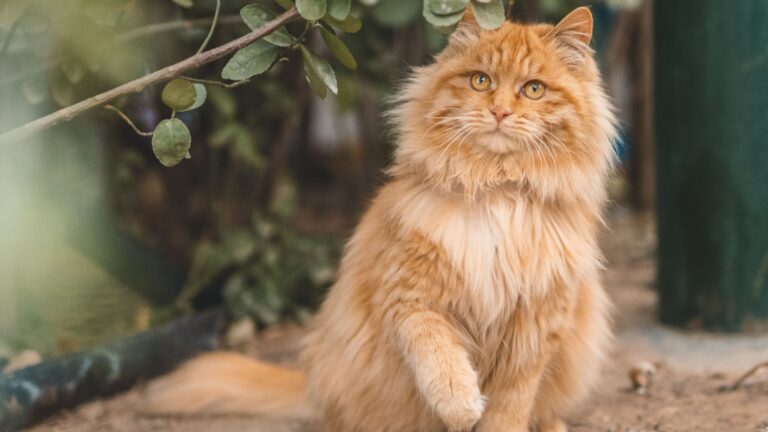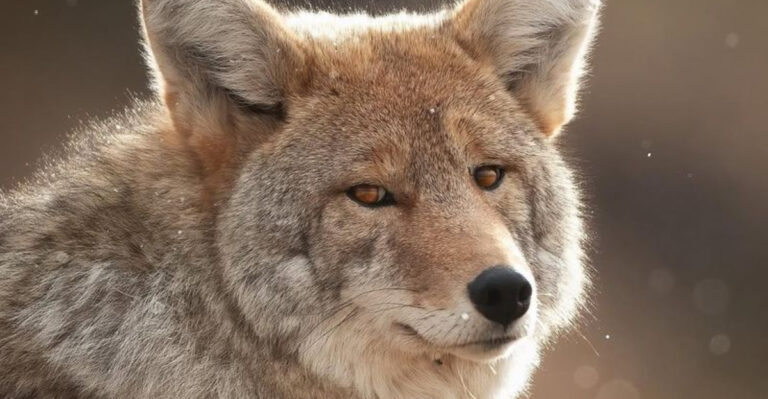18 Facts About Miniature Horses
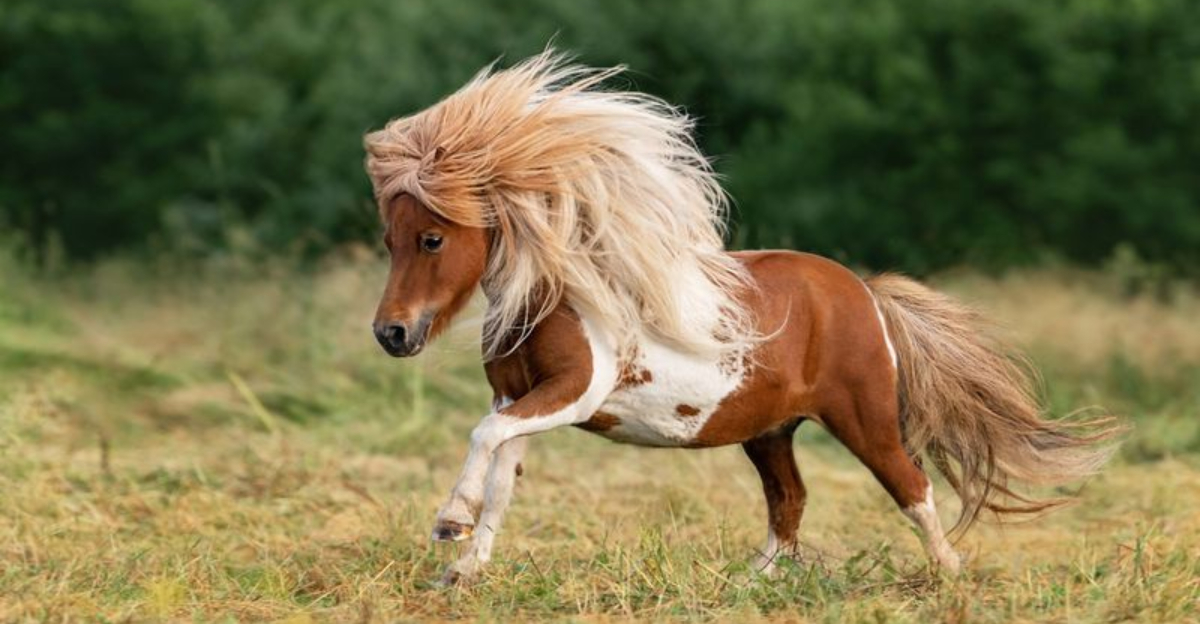
Miniature horses, with their charming size and delightful personalities, have won the hearts of many. Unlike ponies, they have body proportions similar to full-sized horses, making them truly unique.
In this guide, we explore all the fascinating aspects of miniature horses, giving you a complete understanding of these adorable animals.
1. Unique Intelligence
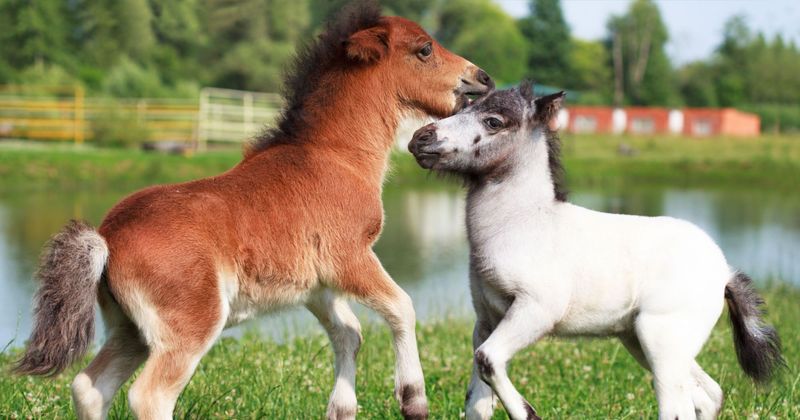
Ever met a horse that can solve a puzzle? That’s the kind of intelligence miniature horses boast!
While their small size might deceive you, these little horses are quick learners and are often trained for various tasks, including therapy work.
Their cognitive skills make them a favorite for those who love an intelligent companion.
Picture this: a miniature horse navigating a simple obstacle course with ease, responding to voice commands and hand signals.
2. Physical Characteristics
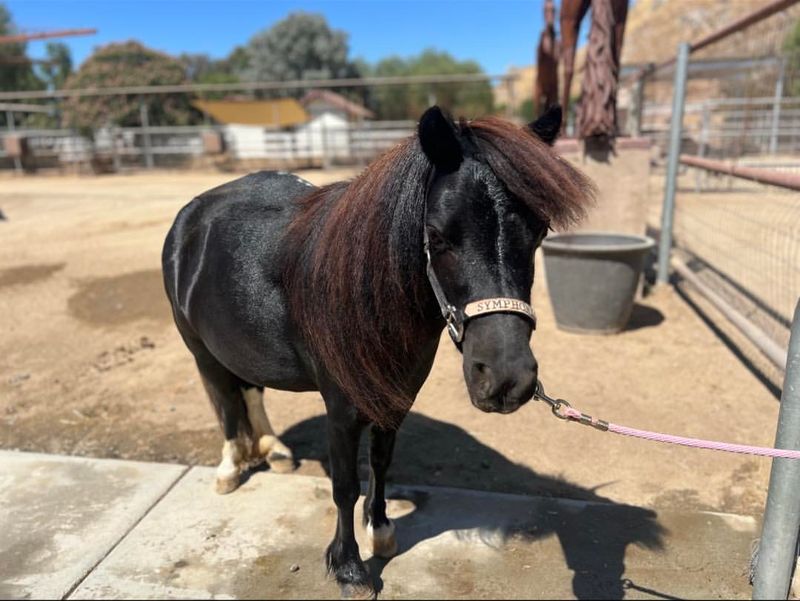
Miniature horses stand at about 34 to 38 inches tall, making them the cutest little equines around.
Unlike ponies, they resemble full-sized horses, just in a pint-sized package.
Their coats come in all sorts of colors and patterns, from pinto to appaloosa, making them even more charming.
Each one is a unique beauty, perfect for both shows and as pets.
3. Dietary Needs
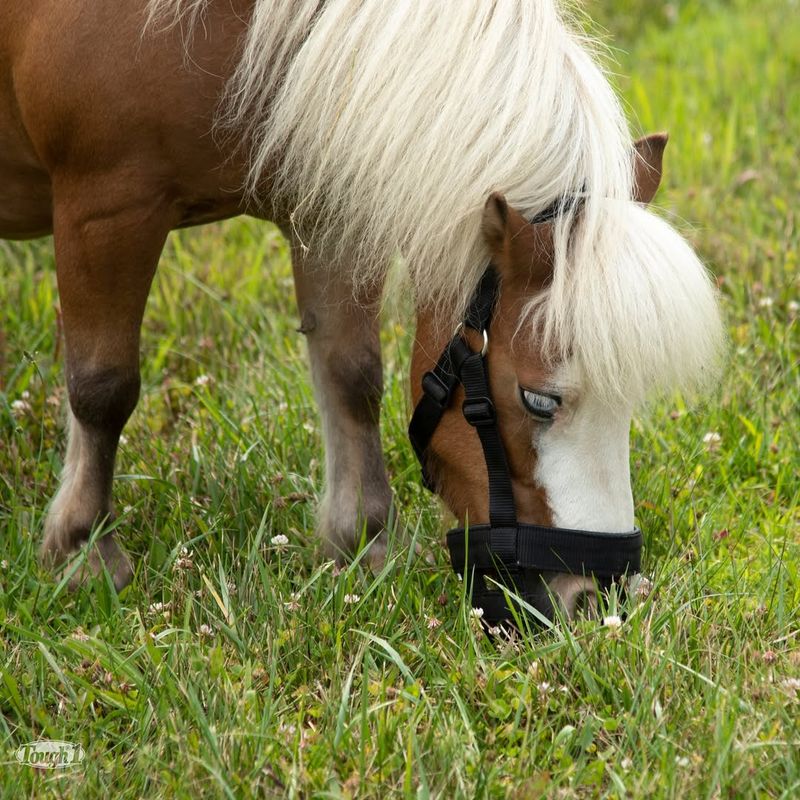
Miniature horses have similar dietary needs to full-sized horses, but portion control is key.
They need a balanced diet of hay, pasture grass, and sometimes grain to stay healthy.
Because they’re small, they’re prone to obesity, so it’s important to keep an eye on their food intake.
Regular feeding schedules and fresh water are essential to keep them from overeating.
Supplements may be needed for specific health concerns, but always consult a vet first.
4. Surprising Strength
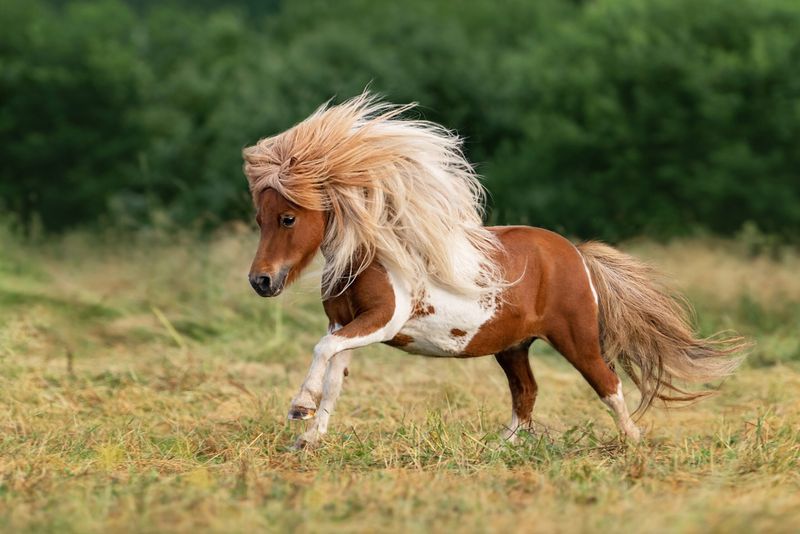
Don’t let their size fool you—miniature horses pack a surprising amount of strength!
They are capable of pulling weights and performing tasks that require endurance and determination. This hidden strength makes them a valuable asset in various scenarios.
Envision them at a bustling farmer’s market, confidently pulling a small cart filled with fresh produce.
5. History And Origin
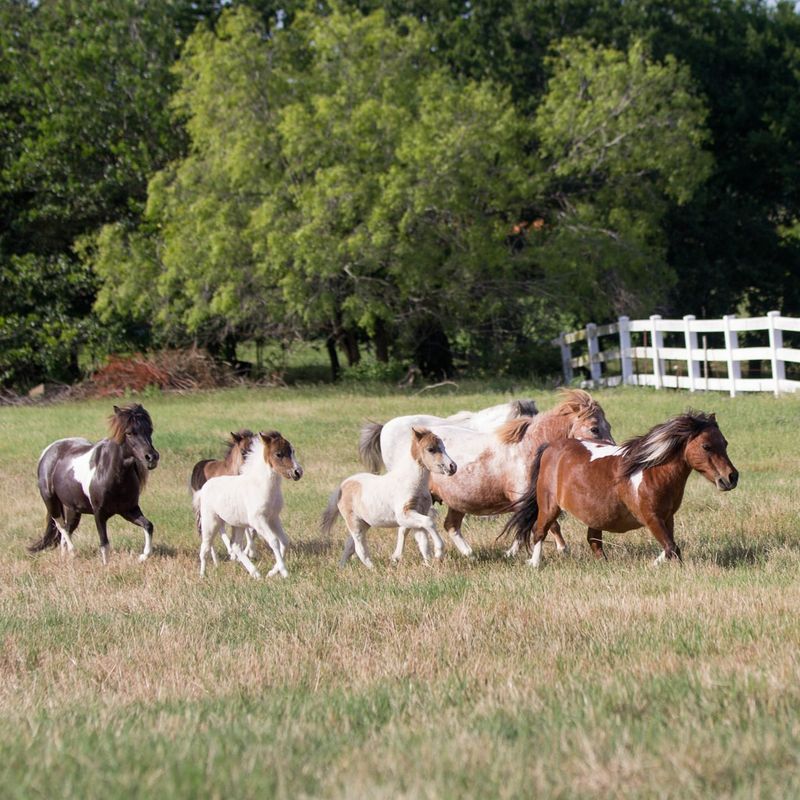
Miniature horses have been around for centuries, starting in Europe in the 17th century. They were initially bred as pets for royalty but also worked in coal mines due to their small size and strength.
Over time, people fell in love with their cute size and playful personalities. Though they started in Europe, American breeders shaped the mini horses we know today.
In 1978, the American Miniature Horse Association set standards to promote these adorable creatures. Now, they are loved worldwide for their charm and historical significance.
6. Temperament And Behavior
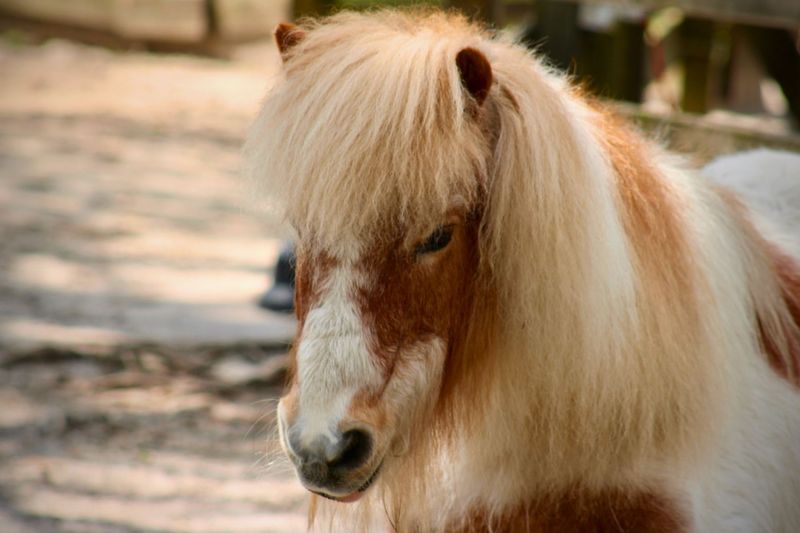
Miniature horses are known for their friendly, gentle temperament, making them perfect companions.
They love interacting with both humans and other animals, thriving on attention and care.
These clever little creatures can learn everything from tricks to complex tasks, making them even more endearing.
Like any animal, their personalities vary, so understanding their behavior is key. With patience and training, you can ensure your mini horse stays a delightful companion.
7. Training And Exercise
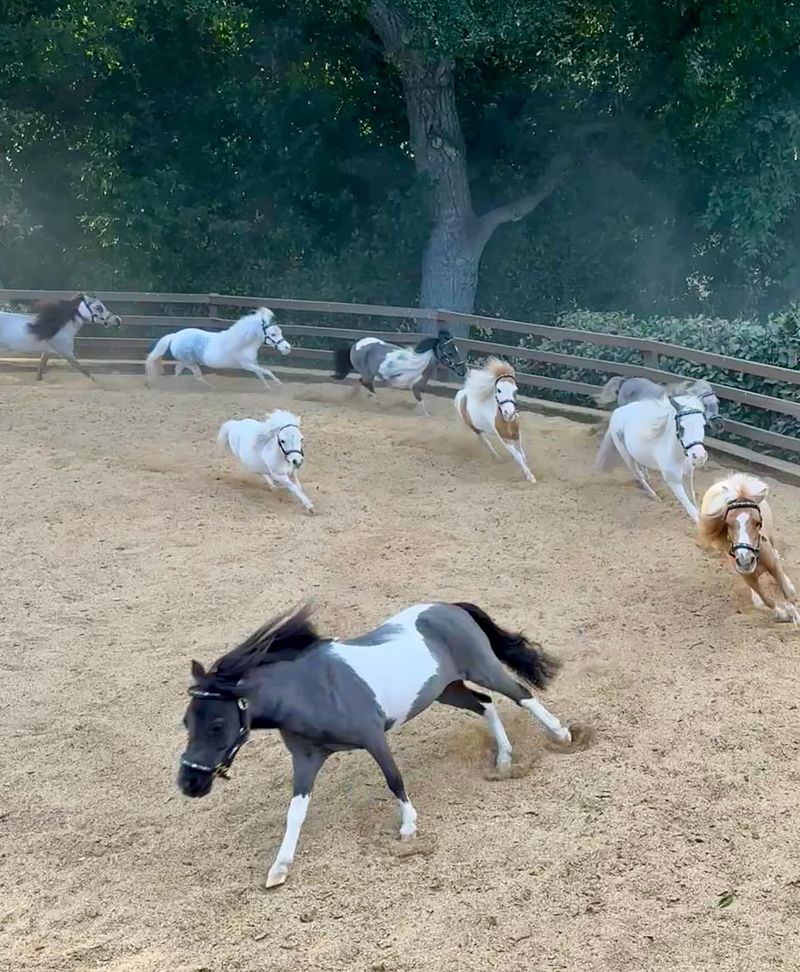
Training and exercise are essential for miniature horses’ well-being.
These smart animals love mental and physical stimulation, and regular training strengthens the bond with their owner.
Their exercise routine should be suited to their size, focusing on activities that promote fitness without overdoing it. Walks, light trots, and supervised playtime are great options.
Keeping them engaged in fun, interactive tasks helps prevent boredom and encourages good behavior.
8. Housing And Habitat
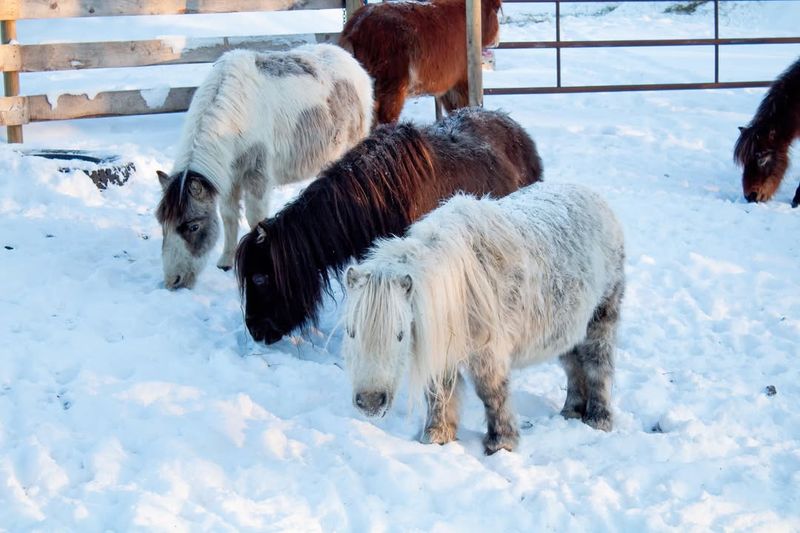
Miniature horses need a safe, dry shelter just like larger horses, but on a smaller scale.
They also need enough space to move around freely, keeping them physically and mentally healthy.
Fencing should be secure and sized to prevent escapes, as these little guys are surprisingly agile. A well-secured habitat is essential for their safety.
Regular cleaning of their living area keeps things tidy and lowers the risk of disease.
9. Health And Lifespan
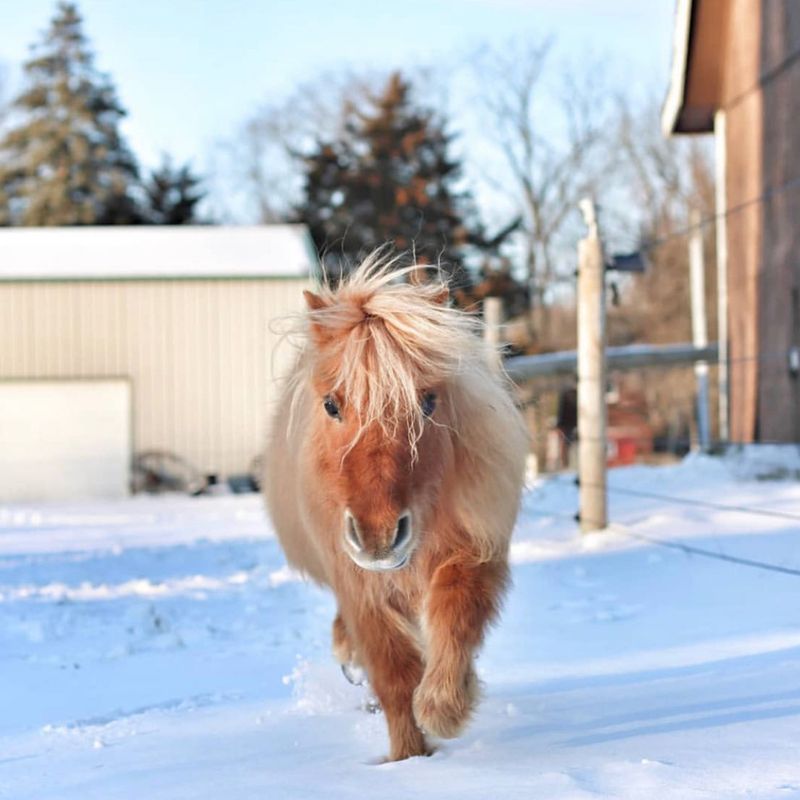
Miniature horses are generally healthy and can live into their late twenties or early thirties with good care. Regular vet check-ups help catch any potential health issues early on.
Obesity and dental problems are common concerns, but they’re manageable with the right diet and care.
Routine vaccinations and deworming are crucial for preventing diseases and parasites.
A clean, safe living space and regular exercise go a long way in keeping them healthy.
10. Social Needs
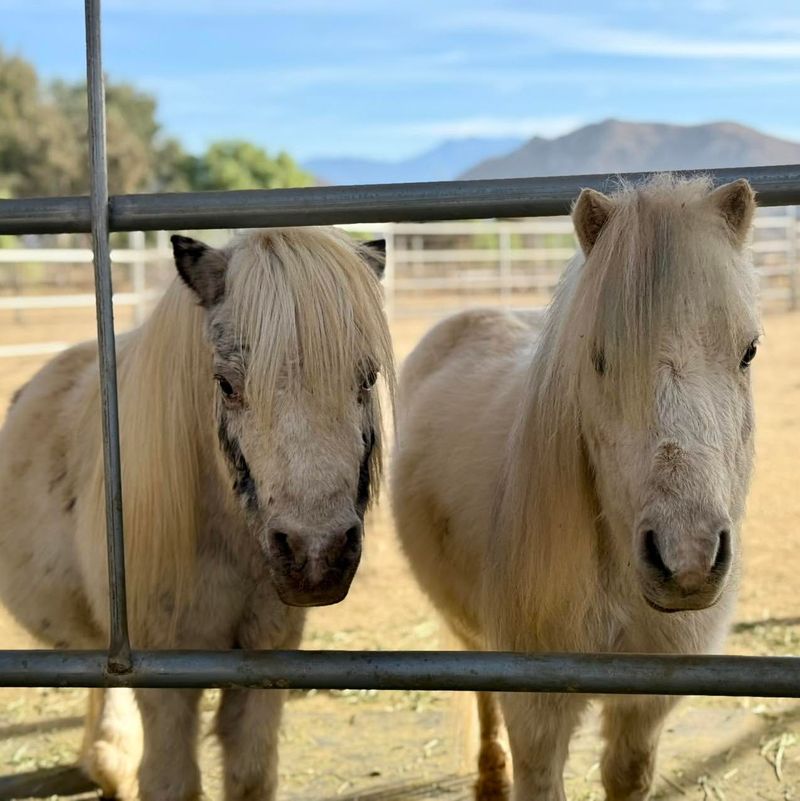
Miniature horses are social animals that thrive on companionship, whether with other horses or humans.
Regular interaction is key to their emotional well-being, preventing loneliness and stress.
Giving them a herd or providing frequent human contact ensures they stay happy and content.
Without a companion, they may develop behavioral issues, so having another horse or a compatible animal is helpful.
11. Breeding Practices
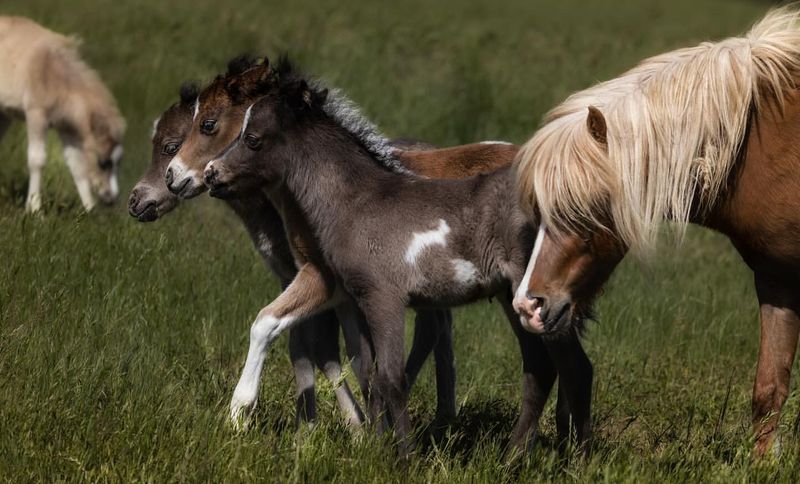
Breeding miniature horses takes careful planning and knowledge to keep them healthy and true to their unique traits.
Over generations, selective breeding has refined their size and characteristics.
Responsible breeders prioritize health, temperament, and conformation to ensure quality animals. Genetic testing and health screenings are vital parts of ethical breeding.
Ethical practices play a big role in the ongoing popularity and success of miniature horses.
12. Roles And Uses
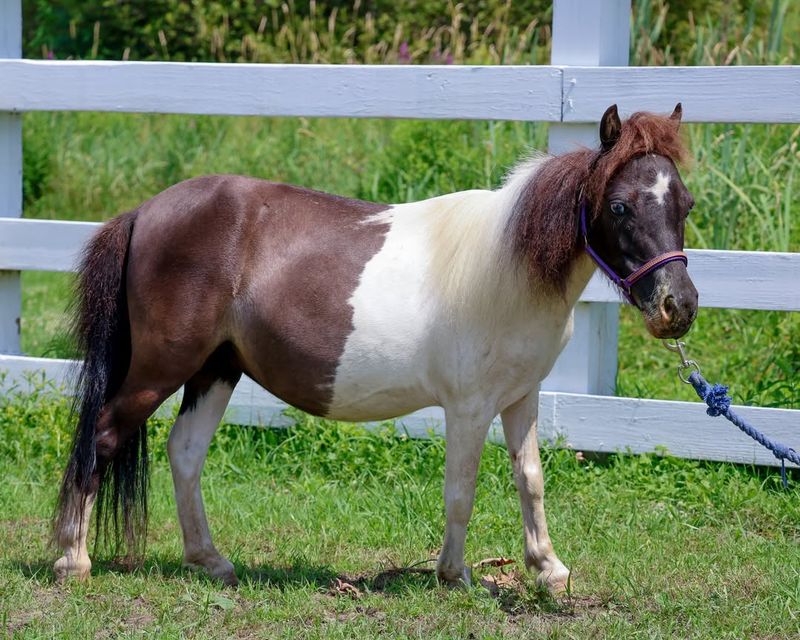
Miniature horses do much more than just look cute; they serve a variety of important roles.
Their gentle nature and small size make them perfect therapy animals, spreading joy in hospitals and care facilities.
They also shine in the show circuit, competing in events like conformation and agility. Their versatility allows them to excel in many different competitions.
13. Legal Considerations
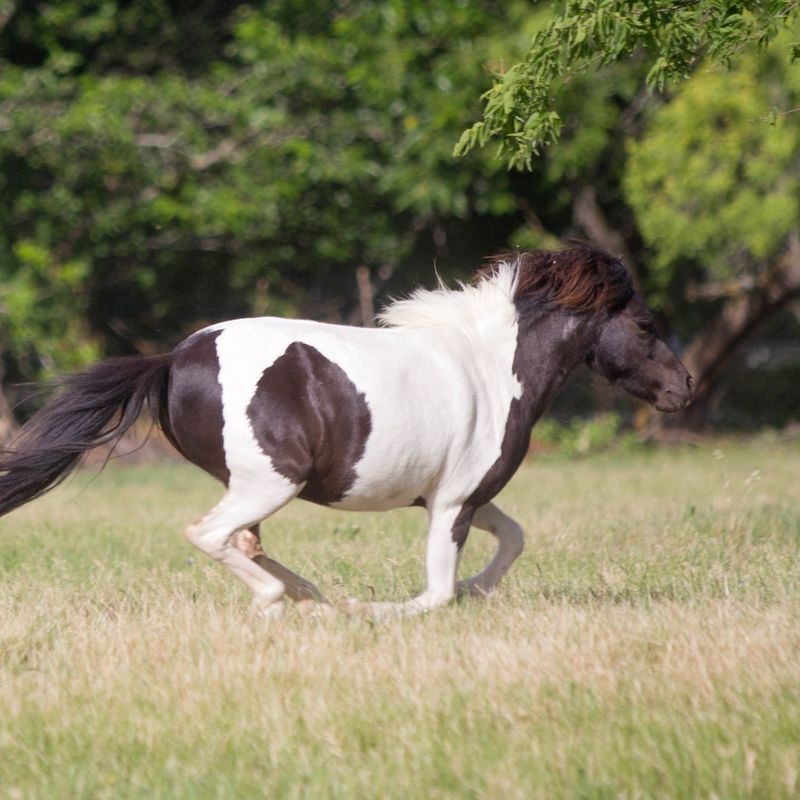
Owning a miniature horse comes with legal considerations that can vary by location.
Owners should be aware of zoning laws, permits, and regulations for keeping these animals on their property.
Following local laws ensures the horses are kept legally and ethically, avoiding potential problems. Some areas have specific rules about space, fencing, and animal welfare.
Being informed about these legal aspects helps protect both the animals and their owners, ensuring smooth and happy ownership.
14. Grooming Requirements
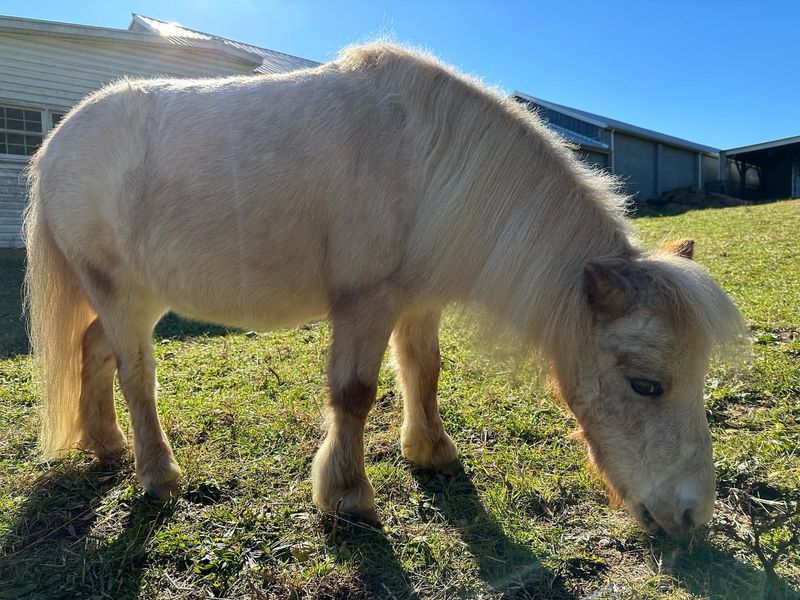
Grooming is key to keeping miniature horses healthy and looking great. Regular sessions help maintain their coats, prevent matting, and spot any skin issues early.
Brushing their mane and tail, cleaning hooves, and checking teeth are all important grooming tasks.
These routines not only keep them looking their best but also strengthen the bond with their owners.
15. Therapeutic Benefits
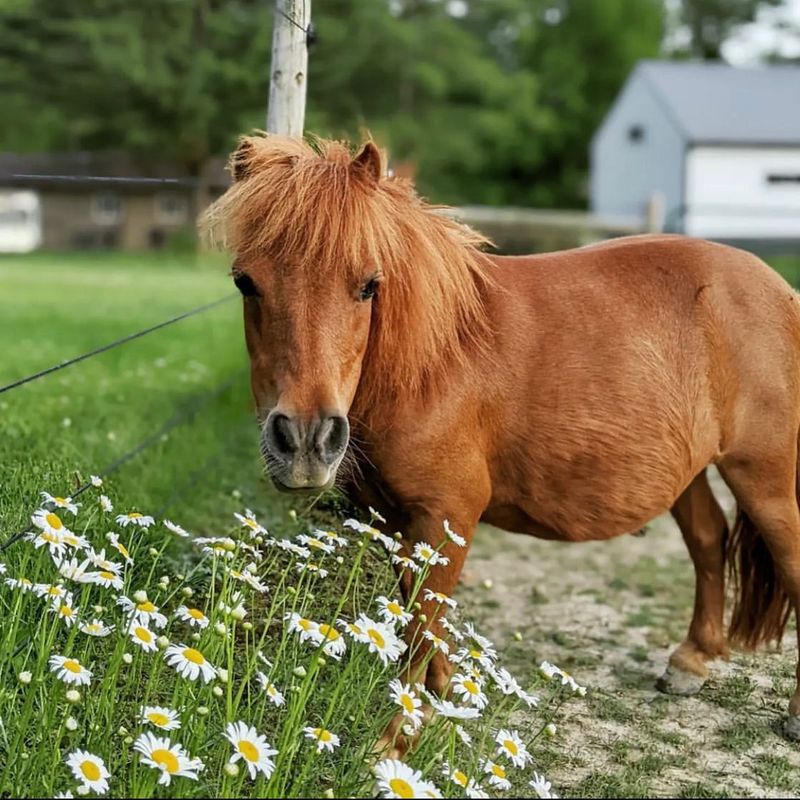
Miniature horses have profound therapeutic benefits, offering emotional support in many settings. Their calm nature and small size make them perfect for therapeutic work.
They’re particularly helpful for individuals with disabilities, providing comfort through gentle interaction.
The presence of a miniature horse can soothe anxiety and encourage positive emotions.
Using these horses in therapy programs shows how they can provide support in unique ways, fostering a special bond between humans and animals.
16. Miniature Horses And Children
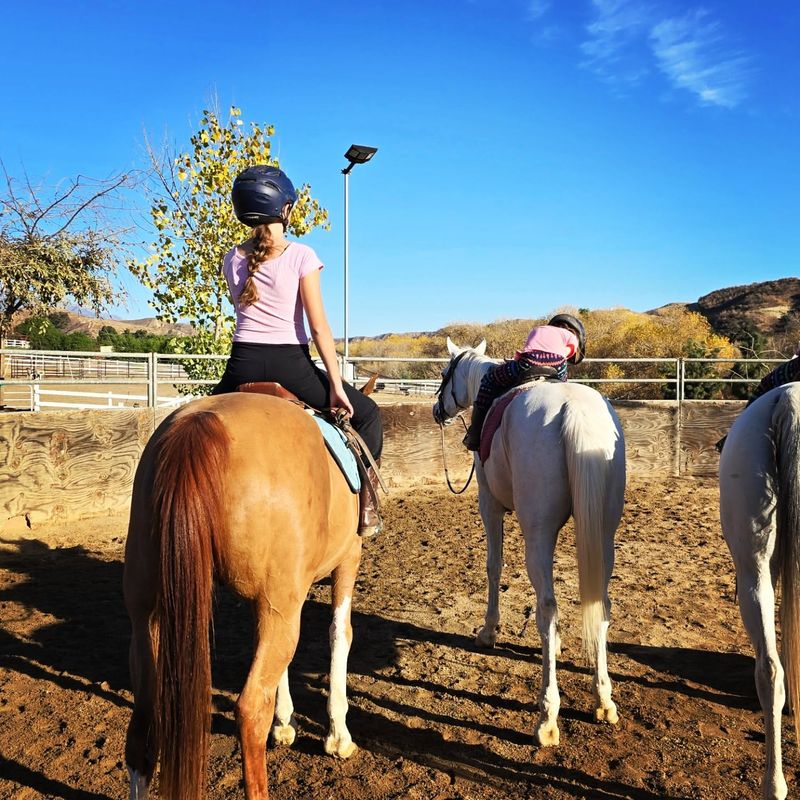
Miniature horses are perfect companions for children thanks to their small size and gentle nature. They give kids the chance to learn responsibility, care, and the joy of animal companionship.
Spending time with these horses helps foster empathy and respect for living creatures, encouraging positive growth.
These interactions are educational and rewarding, creating lasting memories for both the child and the horse.
Supervised play ensures the safety of both parties, allowing for a fun and enriching bond.
17. Miniature Horses In Competitions
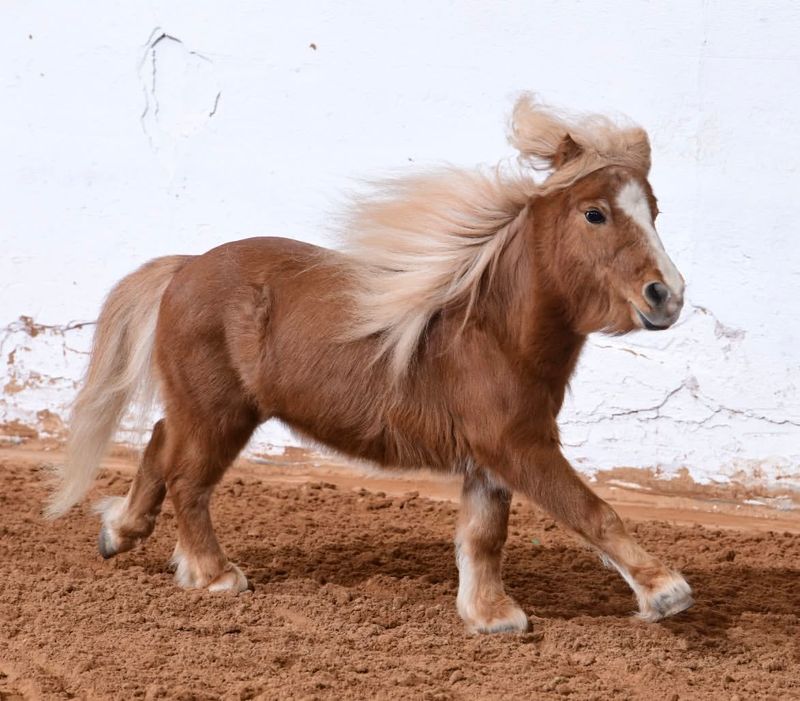
Miniature horses shine in competitive circuits, showing off their skills and beauty in various events.
From halter classes judging conformation to obstacle courses and agility trials, there’s a competition for every mini horse.
Training and dedication are essential, and the strong bond between horse and handler is often key to their success.
This connection shines through in the show ring, leading to impressive performances.
18. Costs And Expenses
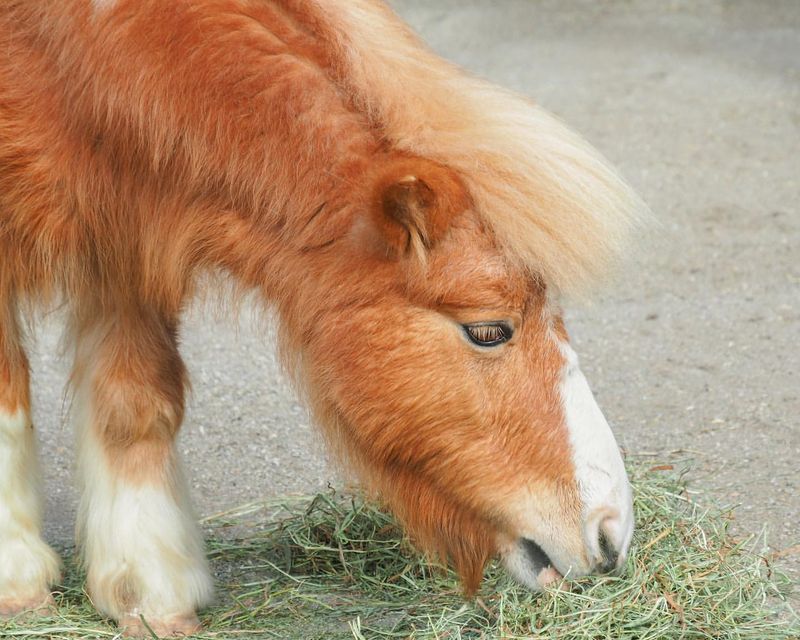
Caring for a miniature horse comes with several costs, from the initial purchase to ongoing care.
Prospective owners should be ready for the financial commitment needed to keep these animals healthy and happy.
Expenses can include food, veterinary bills, grooming supplies, and housing. Budgeting and planning are key to making sure they get everything they need to thrive.

